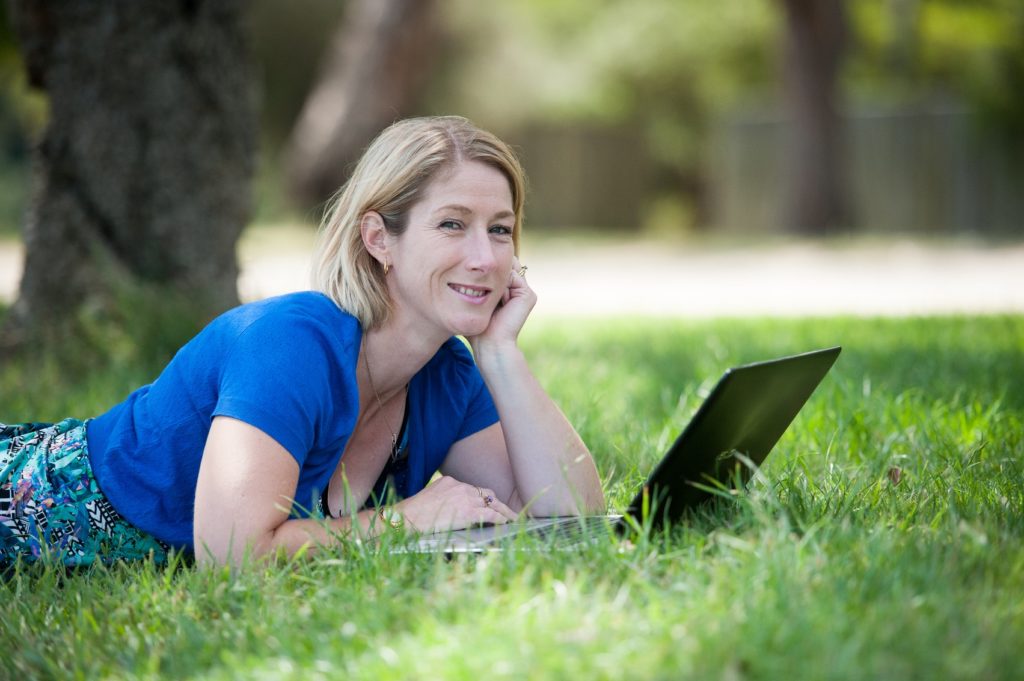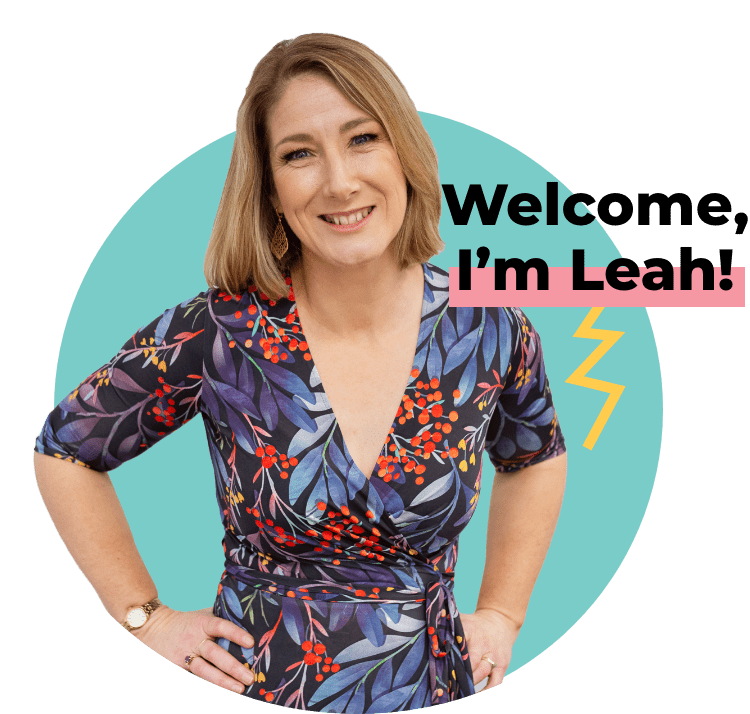
This year marks 12 years since I worked as a newspaper journalist for the Latrobe Valley Express in Gippsland, Victoria.
I loved being part of the newsroom: the pace, the energy, the banter, the inside scoop on what was going on.
But it was more than that. My time as a journo taught me skills for life and the lessons I learnt still hold me in great stead today.
Here are my top 12:
1. How to work to deadlines. As a print journalist on a rural newspaper, I wrote up to five stories a day (including interviews). It taught me to thrive under pressure rather than crumble.
2. How to take constructive and critical feedback. Every article I wrote was edited, critiqued and proofread by my editor and colleagues. If it wasn’t up to scratch, I was told to make it better; if it was too long, I had to cut it. Feedback was given multiple times every day and wasn’t a personal attack, but simply an opportunity to improve the story. Our aim was to produce the best articles and paper we could. There was no time for being precious.
3. Empathy is everything. To get the most out of interview subjects, I had to put myself in their shoes and acknowledge their feelings (even if I disagreed with them). Today, empathy allows me to have difficult conversations in an assertive way that makes others feel their voice is heard.
4. The importance of accuracy. Getting the story and quotes right was crucial; to protect reputation and avoid getting sued. You can’t just make stuff up. I learnt to take exceptional notes, do my research and only use trusted sources.
5. How to relate to people from all walks of life. In one day I might interview a homeless person, politician, primary school student, stay-at-home parent, and police sergeant. I had to be able to adapt my language and approach to suit my audience and make them feel comfortable.
6. To be thick-skinned. Some people didn’t like what I wrote, or the angle I took on a story. Some people simply don’t like journalists at all. I learnt to let it wash over me without taking it to heart – like water off a duck’s back.
7. How to manage my emotions and stay calm in difficult situations. I interviewed people experiencing incredible tragedy, was the first journalist on-site after the 2006 bushfire that razed homes in Toongabbie, and interviewed Tony Abbott when he was Health Minister advocating against stem cell research and abortion. In each case I had to ensure I controlled my response and remained professional, regardless of my personal emotions and opinions.
8. Not to be intimidated by power or ego. When dealing with a young, female, regional journalist, some senior politicians and people in power tried intimidation and patronising language as a tactic to avoid difficult questions. It didn’t work. I learnt to remain polite and friendly, but strong on my point, even when it was uncomfortable.
9. How to build an influential network. A journalist is only as good as their network. To be the first with the news, people need to come to you first. For that to happen, I had to build and nurture strong relationships based on mutual respect and trust. The network I built as a journalist is still the basis of my professional network today.
10. To be curious. I asked questions rather than make assumptions; and sought first to understand, then to respond.
11. How to write concisely and use plain speak. Anyone can make something complex; the skill is in making something complex easy to understand. Don’t use a big word when a small one will do – aim for clarity above all else. Lead with the most important information first; get to the point, don’t beat around the bush.
12. The importance of grammar. It’s the difference between knowing your shit and knowing you’re shit. It’s more valuable than you think.
Bonus lesson: How to swear. Ok, so this one isn’t necessarily a positive, but it was in the newsroom that my vocabulary reached a whole new level of ‘expressiveness’.
Cheers to all the journalists. There’s no-one quite like them 😊.
Leah Mether is a communications and soft skill specialist, trainer, speaker, coach and author of the book ‘Soft is the New Hard: How to Communicate Effectively Under Pressure’. You can find out more at https://leahmether.com.au

Leah Mether is a communication and soft skills trainer obsessed with making the people part of leadership and work life easier.
With more than 15 years’ experience working with thousands of clients, and an acclaimed book to her name, Leah knows what it takes to communicate under pressure. Like you, she knows the challenge of conflict, personality clashes, and difficult conversations.
Leah is renowned for her practical, engaging, straight-shooting style. Utilising her Five Cs® model of communication, she helps leaders and teams shift from knowing to doing, and radically improve their effectiveness.